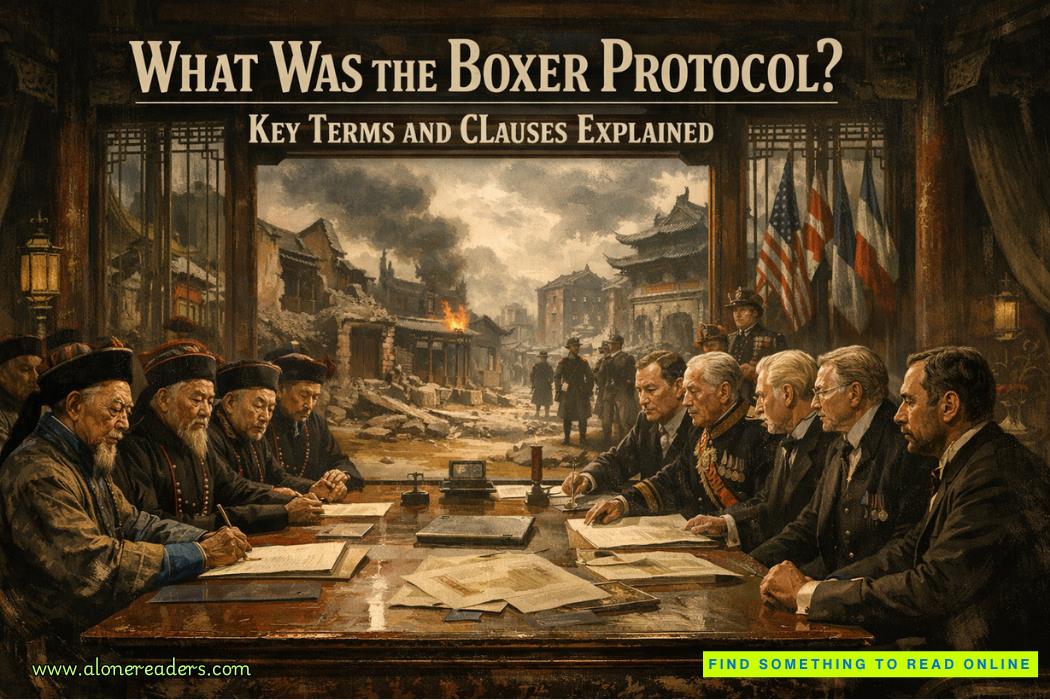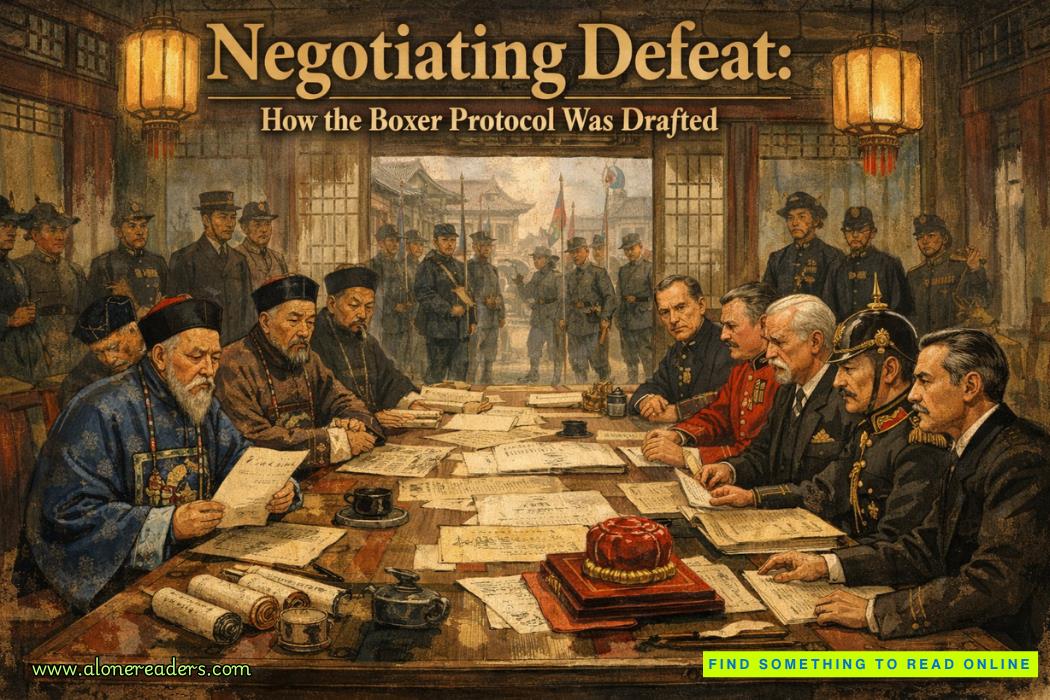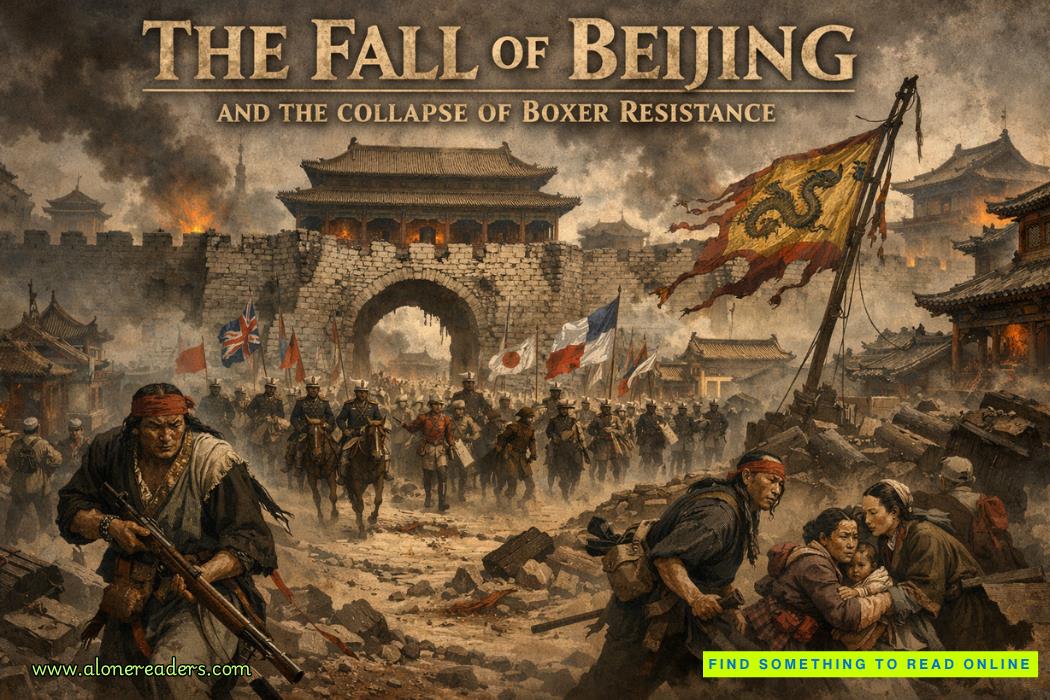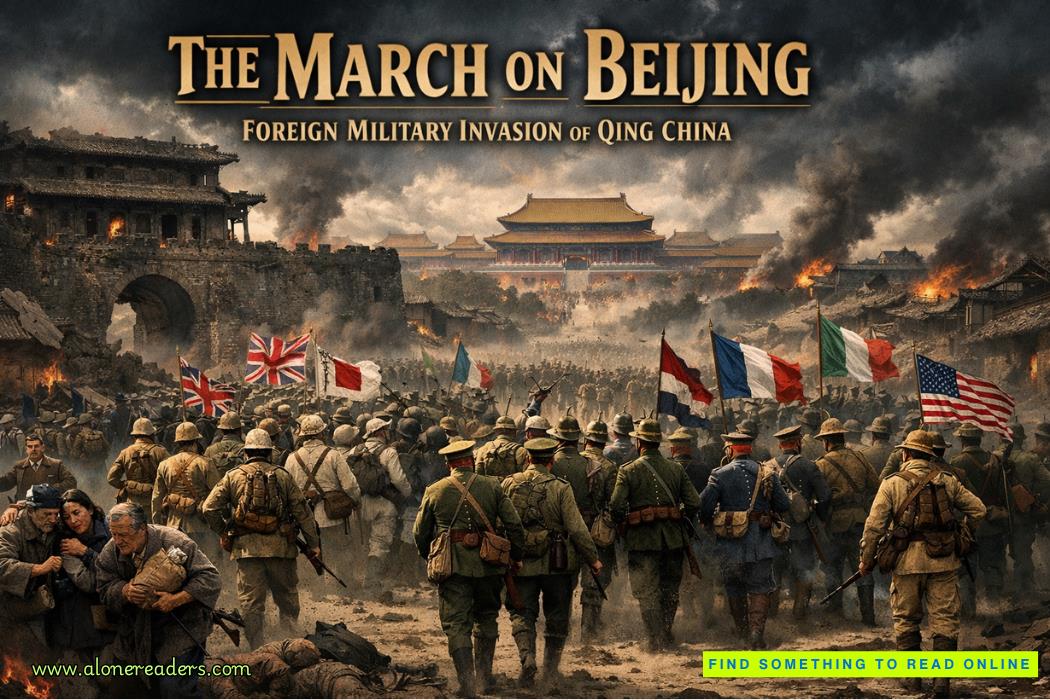He swept a hand across his brow, pushing back an errant lock of hair. “My apologies. I can be virulent about this. I will leave you to your wine.”
“Do not go. Please. Do not. I do wish to speak of this. And you. And what you think of veterans, the wars, the future….” She took another drink of her wine, draining it, then plunked it down on the shelf, silently asking for a refill. “Please,” she said and scooted her glass toward him along the dark wood.
He poured.
“Tell me. About them. I’ve seen them, of course. Many are wounded. Impaired.”
“They receive pitiful compensation for service rendered. Little treatment for wounds or disabling conditions. No extra rewards for weaknesses of eyes impaired by debris of bombs and shot. No help for those with ears so assaulted by the roar of cannon that they hear no one any longer. A paltry cane for the lame or a wooden peg for those who lost a leg. But what of an arm? A finger? By Christ.”
He reached for a glass for himself now. He was not a man who sought spirits. Nay. He’d learned how to live with what he could not control. But sometimes, he sought relief from the sadnesses he could not cure. That relief could be found temporarily in a lifting of a glass of spirits. He poured liberally for himself and swallowed a good draught.
“I imagine,” she said with solemnity, “you saw hundreds of our men wounded.”
“Wounded, dead, strewn upon fields, crying with no one to salve their wounds, no one to bind up their bleeding bodies, no one to comfort them as they cried for their mothers or their comrades. Yes. Hundreds. And not just English or Scots or Irish, but French and Russians. Germans and Poles. They bleed red and die black and cry like children for their loved ones, just as we do.” He downed another bit.
Then he caught her mystical green gaze in his. She was older now than when last they met. She was even more stunning, her cheeks a bit thinner, her mouth more sultry. The wisdom in her eyes, more knowing, more demanding. “You want to know why I am here.”
She nodded. “You always said you wanted to teach, Octo. Literature and history. French. Your precious education so dearly fought for. Your father funded it but hated the expense. So yes.” She extended a hand as if to point out the house and all in it. “Why dothis?”
“Because being in service is the practice of counting the innumerable.”
A ghost of a smile curved her lips. She was befuddled. He did not blame her. He was confounded himself.
But he could try to explain, couldn’t he?
“I can lose myself in the art of moving pieces on a grand chessboard. The china, the silverware, the vases, the rugs. I use the staff to accommodate this meal and that tea. I have them change the linens. Coordinate with the housekeeper, assure her agreement. A grand alliance among her and the Cook and I to ensure that nothing is forgotten, nothing misplaced, nothing damaged and everyone fully engaged. Similar to ordering a regiment, one would guess. Somewhat comparable to running a courier service among espionage units to ensure your information is not forgotten, not misplaced, not altered, and fully used. Yes. This work is useful. And though you might think it mundane—and it is, it can bring a certain sense of accomplishment. Not as important as winning a battle or at the least, lessening the casualties because you sent the right information about the numbers of combatants or the type of field artillery. No. But helpful. And by Christ,” he said and took another quick drink, “when done well, as a result, no one dies.”
She covered his hand with her warm one. “But it’s not what you want to do, is it?”
“Of course, it is.” He had found comfort in his mistress, the house, the service, the people who worked for him and with him.
“Forever?”
Why had she come here to ask him such a question? Why had she the nerve?
He’d relent, give her a piece of his ragged thinking. “For now.”
“And how long is that?” She would prod him. She always had.
“Until I find another road to peace.”
Her response to that was a triumphant grin. “Marvelous. I have thoughts on that.”
He cupped her cheek, caressed her full lower lip with his thumb and gave her a rueful smile. “I’m certain you do.”
“Let me share them.”
They had never been of social ranks where sharing anything was a viable step toward happiness.
“No.” He caught a breath, some of his sanity and dropped his hand. “Share them with Riverdale or Trevelyan. They are more of your mind.”
She stiffened, affronted. “And my rank?”
He nodded once. “Wealth, too.”
She stepped toward him. “What if they are not of like mind?”
“Ask them. They can be.”















